

Articles
How To Store Peanut Oil
Modified: February 23, 2024
Learn the best methods for storing peanut oil in this informative article. Keep your oil fresh and flavorful with these tips and tricks.
(Many of the links in this article redirect to a specific reviewed product. Your purchase of these products through affiliate links helps to generate commission for Storables.com, at no extra cost. Learn more)
Introduction
When it comes to cooking oils, peanut oil is a popular choice among chefs and home cooks alike. Its high smoke point and mild flavor make it perfect for frying, sautéing, and even baking. Whether you have a large bottle of peanut oil that you want to store for future use or you’re looking to buy it in bulk, knowing how to properly store peanut oil is essential to maintain its quality and extend its shelf life.
In this article, we will explore the benefits of storing peanut oil properly and provide you with practical tips on choosing the right container, selecting an ideal storage location, and steps for storing peanut oil effectively. We will also share tips on how to extend the shelf life of peanut oil and provide insights on proper handling and usage to ensure that you get the most out of your stored peanut oil.
So, if you want to preserve the freshness and quality of your peanut oil and avoid wastage, read on to discover the best practices for storing this versatile cooking oil.
Key Takeaways:
- Properly storing peanut oil maintains freshness, preserves nutrients, and prevents rancidity. Choose suitable containers and locations, follow storage steps, and extend shelf life for optimal cooking benefits.
- Ensure proper handling and usage of stored peanut oil by inspecting, maintaining hygiene, and following recipe recommendations. With careful storage and usage, enjoy the oil’s benefits in cooking.
Read more: How To Store Used Peanut Oil
Benefits of Storing Peanut Oil Properly
Storing peanut oil properly offers several benefits that can greatly enhance your cooking experience and save you money in the long run. Here are some of the key advantages:
- Maintains Freshness: Properly stored peanut oil retains its freshness and flavor for a longer period, ensuring that you can use it in your culinary creations without compromising taste.
- Preserves Nutritional Value: Peanut oil is rich in beneficial nutrients, such as Vitamin E and monounsaturated fats. When stored correctly, it helps to maintain the nutritional value of the oil, allowing you to reap its health benefits.
- Extends Shelf Life: By following appropriate storage techniques, you can extend the shelf life of peanut oil, reducing the need for frequent replacement and saving you money on buying new bottles or containers.
- Prevents Rancidity: Exposure to air, light, and heat can cause peanut oil to become rancid, resulting in an unpleasant taste and odor. Proper storage prevents rancidity and ensures that your peanut oil stays fresh and usable.
- Protects Against Contamination: Storing peanut oil in a suitable container and location helps to protect it from contamination, preventing the growth of harmful bacteria or other contaminants that could jeopardize food safety.
To enjoy these benefits, it’s important to follow the recommended storage practices for peanut oil. Let’s explore the steps you can take to store your peanut oil properly.
Choosing the Right Container for Storing Peanut Oil
When it comes to storing peanut oil, selecting the right container is crucial to maintain its freshness and quality. Here are some factors to consider when choosing a container:
- Material: Opt for containers made of glass, stainless steel, or dark-colored, food-grade plastic. Avoid storing peanut oil in containers made of reactive materials like aluminum or copper, as they can affect the oil’s flavor and quality.
- Size: Choose a container that is appropriate for the quantity of peanut oil you plan to store. Ideally, opt for a container that leaves minimal headspace to minimize contact with air, which can lead to oxidation and spoilage.
- Sealability: Look for containers with a tight, secure lid or cap to prevent air from entering and spoiling the oil. Airtight seals also help to prevent any odors from other substances from contaminating the peanut oil.
- Opaque or Tinted: Peanut oil is sensitive to light and can deteriorate when exposed to prolonged sunlight or artificial light. Choose containers that are opaque or tinted to protect the oil from light exposure.
- Clean and Dry: Before transferring peanut oil to a storage container, ensure that it is clean and dry. Any residual moisture or impurities in the container can lead to spoilage or contamination.
After considering these factors, you can use glass bottles with airtight caps, stainless steel containers, or food-grade plastic containers with tight-fitting lids to store your peanut oil. By selecting the right container, you can keep your peanut oil safe and maintain its quality.
Selecting an Ideal Storage Location
Where you store your peanut oil plays a crucial role in maintaining its quality and prolonging its shelf life. Here are some factors to consider when selecting an ideal storage location:
- Cool and Dark: Peanut oil should be stored in a cool and dark place, away from direct sunlight or heat sources. Exposure to light and heat can cause the oil to oxidize and spoil quickly. Choose a storage spot that is cool, such as a pantry or cupboard, to maintain optimal conditions.
- Consistent Temperature: Fluctuating temperatures can accelerate the degradation of peanut oil. Avoid storing the oil in areas that experience extreme temperature changes, such as near the stove or oven. Aim for a location with a consistent temperature, ideally between 50 to 70°F (10 to 21°C).
- Well-Ventilated: While it’s important to keep peanut oil away from excessive air exposure, it’s also essential to choose a storage area that is well-ventilated. Proper ventilation helps to prevent the buildup of moisture, which can lead to condensation and spoilage.
- Away from Strong Odors: Peanut oil can absorb odors easily, which can affect its flavor. Store it away from strong-smelling substances like spices, cleaning products, or strong-smelling foods to prevent cross-contamination of flavors.
- Accessibility: Consider ease of access when selecting a storage location for your peanut oil. Ensure that the area is easily reachable, allowing you to retrieve the oil without hassle whenever you need it.
By keeping these factors in mind, you can identify an ideal storage location for your peanut oil that provides optimal conditions for freshness and longevity.
Store peanut oil in a cool, dark place away from heat and light to prevent it from going rancid. Keep it tightly sealed to maintain freshness.
Steps for Storing Peanut Oil
To ensure that your peanut oil stays fresh and maintains its quality, follow these steps for proper storage:
- Transfer the oil: If your peanut oil comes in a plastic or cardboard container, consider transferring it to a more suitable storage container, such as a glass bottle or stainless steel container with an airtight lid. This helps to protect the oil from light and air exposure.
- Clean the container: Before transferring the oil, make sure the storage container is clean and dry. Any residue or moisture in the container can lead to spoilage or contamination of the oil.
- Fill the container properly: When filling the storage container, make sure to leave minimal headspace, or no headspace if possible, to reduce the amount of air in the container. This helps to minimize oxidation and maintain the oil’s freshness.
- Seal the container tightly: Ensure that the storage container’s lid or cap is tightly sealed to prevent air from entering and spoiling the oil. Airtight seals also help to prevent any odors from other substances from contaminating the peanut oil.
- Label the container: It’s a good practice to label the container with the date of storage. This helps you keep track of the oil’s freshness and ensures that you use the oldest oil first.
- Store in a suitable location: Find an ideal storage location as discussed earlier, such as a cool, dark, and well-ventilated area in your kitchen or pantry. Keep the container away from direct sunlight, heat sources, and strong odors.
By following these steps, you can store your peanut oil properly and maintain its quality for an extended period.
Read more: How To Store Used Peanut Oil For Reuse
Tips for Extending the Shelf Life of Peanut Oil
To make the most out of your stored peanut oil and ensure its longevity, consider these helpful tips:
- Keep it sealed: After each use, make sure to tightly seal the container to prevent air from entering. Exposure to air can accelerate the oxidation process and degrade the quality of the oil.
- Refrigerate for long-term storage: If you plan to store your peanut oil for an extended period, consider refrigerating it. The cool temperature of the refrigerator can help to slow down the oil’s degradation and extend its shelf life.
- Avoid temperature fluctuations: Keep the stored peanut oil away from areas with extreme temperature changes, such as near the stove or oven. Fluctuating temperatures can cause the oil to spoil more quickly.
- Avoid contamination: Ensure that utensils and hands are clean when handling the oil to prevent any contamination. Avoid using wet or dirty utensils to scoop out the oil, as this can introduce moisture or impurities that may reduce its shelf life.
- Monitor for signs of spoilage: Regularly check the stored peanut oil for any signs of spoilage, such as a rancid smell, off-flavor, or unusual appearance. If you notice any of these signs, it is best to discard the oil to maintain food safety.
- Rotate stock: If you have multiple containers of peanut oil, use the oldest one first. This helps to ensure that the oil doesn’t sit for too long and allows you to enjoy the freshest oil.
- Consider freezing for long-term storage: If you have a large quantity of peanut oil and want to store it for an extended period, freezing can be an option. Transfer the oil to a freezer-safe container, leaving some headspace for expansion, and store it in the freezer. However, keep in mind that freezing may affect the texture and quality of the oil.
- Keep an eye on the expiration date: Peanut oil typically has a shelf life of one to two years, but it’s still essential to check the expiration date on the bottle. Using the oil before it expires ensures optimum quality and flavor.
By following these tips, you can extend the shelf life of your peanut oil and enjoy its freshness in your cooking for a longer period.
Proper Handling and Usage of Stored Peanut Oil
To make the most of your stored peanut oil and ensure food safety, it’s important to follow proper handling and usage practices. Here are some tips to keep in mind:
- Inspect before use: Before using the stored peanut oil, visually inspect it for any signs of spoilage, such as discoloration, a rancid smell, or a cloudy appearance. If you notice any of these signs, it’s best to discard the oil to avoid any potential health risks.
- Use clean utensils: When scooping out peanut oil from the storage container, use clean and dry utensils to avoid introducing any moisture or impurities into the oil. This helps to maintain its quality and prevent contamination.
- Maintain proper hygiene: It’s essential to maintain proper hygiene when handling peanut oil. Wash your hands thoroughly before handling the oil to prevent any contamination and ensure food safety.
- Avoid overheating: Peanut oil has a high smoke point, making it suitable for high-temperature cooking methods like frying. However, it’s important to avoid overheating the oil, as this can cause it to break down and develop off-flavors. Monitor the temperature while cooking and adjust accordingly.
- Store away from heat sources: After each use, make sure to store the peanut oil away from heat sources like the stove or oven. Excessive heat can degrade the quality of the oil, so it’s best to keep it in a cool, dark place as mentioned earlier.
- Dispose of used oil properly: After each use, allow the used peanut oil to cool completely, then dispose of it responsibly. Do not pour it down the drain, as it can cause clogging. Instead, store it in a sealed container and dispose of it according to local guidelines or recycle it if possible.
- Follow recipe recommendations: When using peanut oil in recipes, follow the recommended amount specified in the recipe. Using the appropriate quantity ensures proper flavor balance and prevents wastage.
- Examine storage container regularly: Keep an eye on the storage container for any signs of damage or deterioration. Cracks or leaks in the container can lead to air exposure and contamination of the oil. Replace the container if necessary.
By following these proper handling and usage practices, you can ensure the safety and quality of your stored peanut oil, allowing you to enjoy its benefits in your cooking endeavors.
Conclusion
Properly storing peanut oil is essential for maintaining its freshness, flavor, and quality. By following the right practices, you can extend the shelf life of your peanut oil and maximize its usability. From choosing the right container to selecting an ideal storage location, each step plays a crucial role in preserving the oil’s integrity.
Benefits of storing peanut oil properly include maintaining its freshness, preserving its nutritional value, and preventing rancidity and contamination. By storing it in suitable containers and locations, you can protect the oil from light, heat, and strong odors that can degrade its quality.
Following specific steps, such as transferring the oil to proper containers, sealing them tightly, and storing them in cool, dark places, will help maintain the oil’s freshness. Additionally, taking steps to extend shelf life, such as refrigerating the oil for long-term storage or freezing it, can further prolong its usability.
Proper handling and usage of stored peanut oil involve inspecting it before use, using clean utensils and maintaining personal hygiene, and avoiding overheating while cooking. By being mindful of these practices, you can ensure the safety and quality of the oil in your culinary endeavors.
In conclusion, by implementing proper storage techniques, you can make the most out of your peanut oil, preserving its freshness and extending its shelf life. With careful handling and usage, your stored peanut oil will continue to enhance the flavors of your favorite dishes for a long time to come.
Frequently Asked Questions about How To Store Peanut Oil
Was this page helpful?
At Storables.com, we guarantee accurate and reliable information. Our content, validated by Expert Board Contributors, is crafted following stringent Editorial Policies. We're committed to providing you with well-researched, expert-backed insights for all your informational needs.

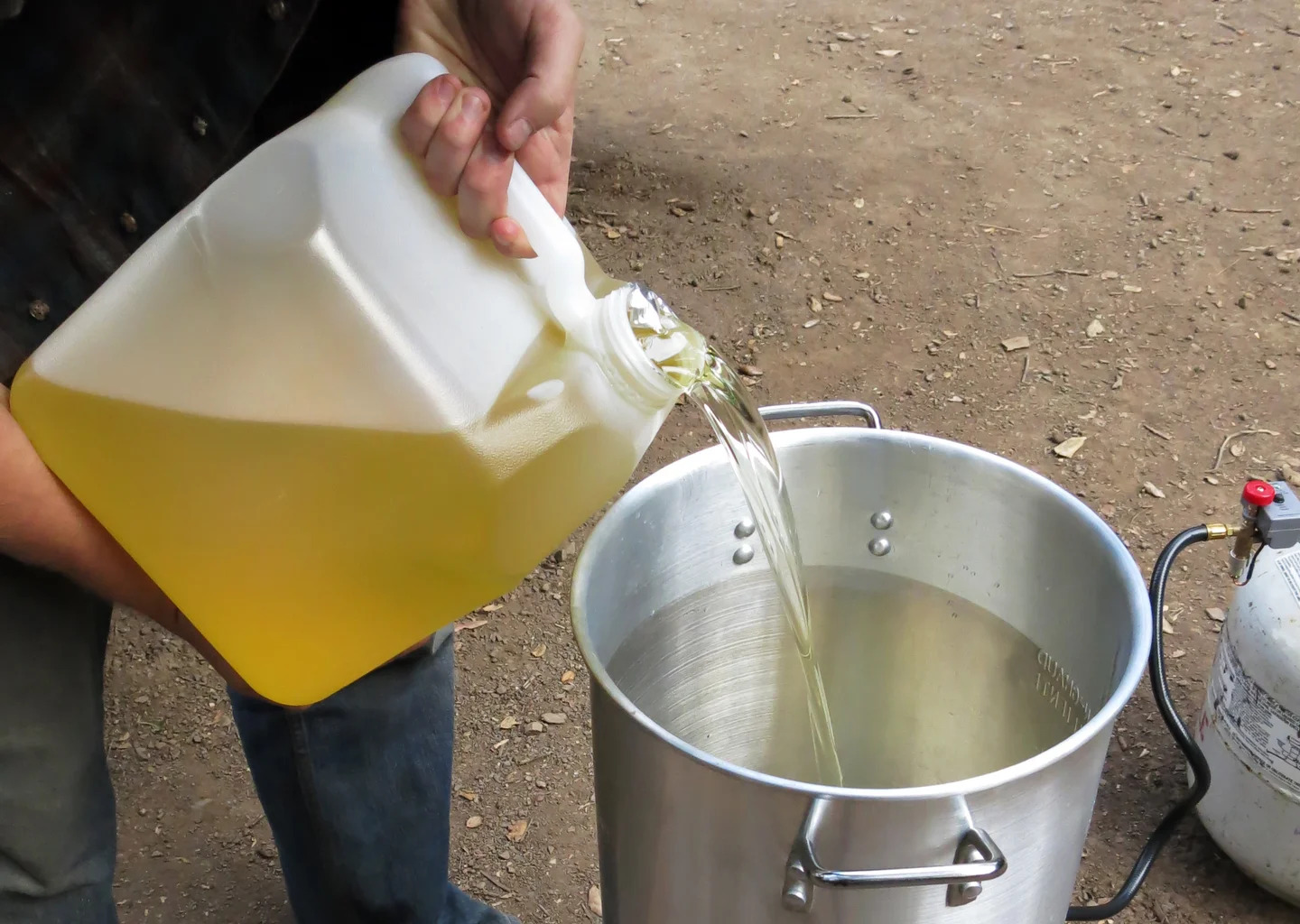
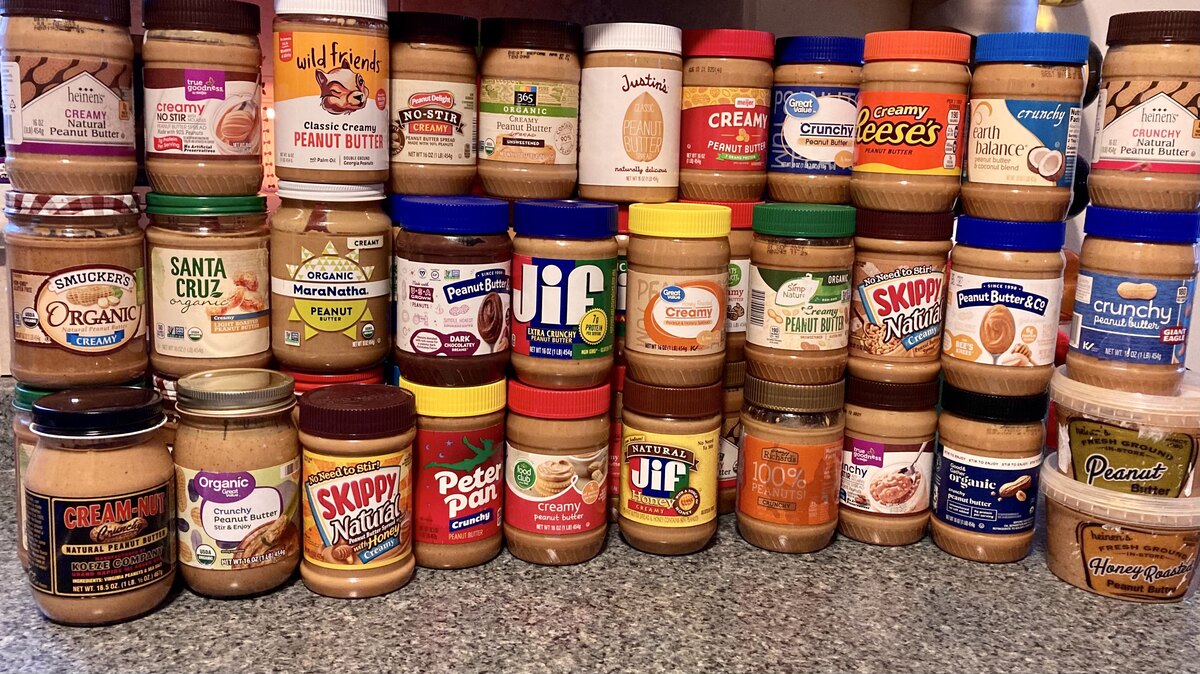
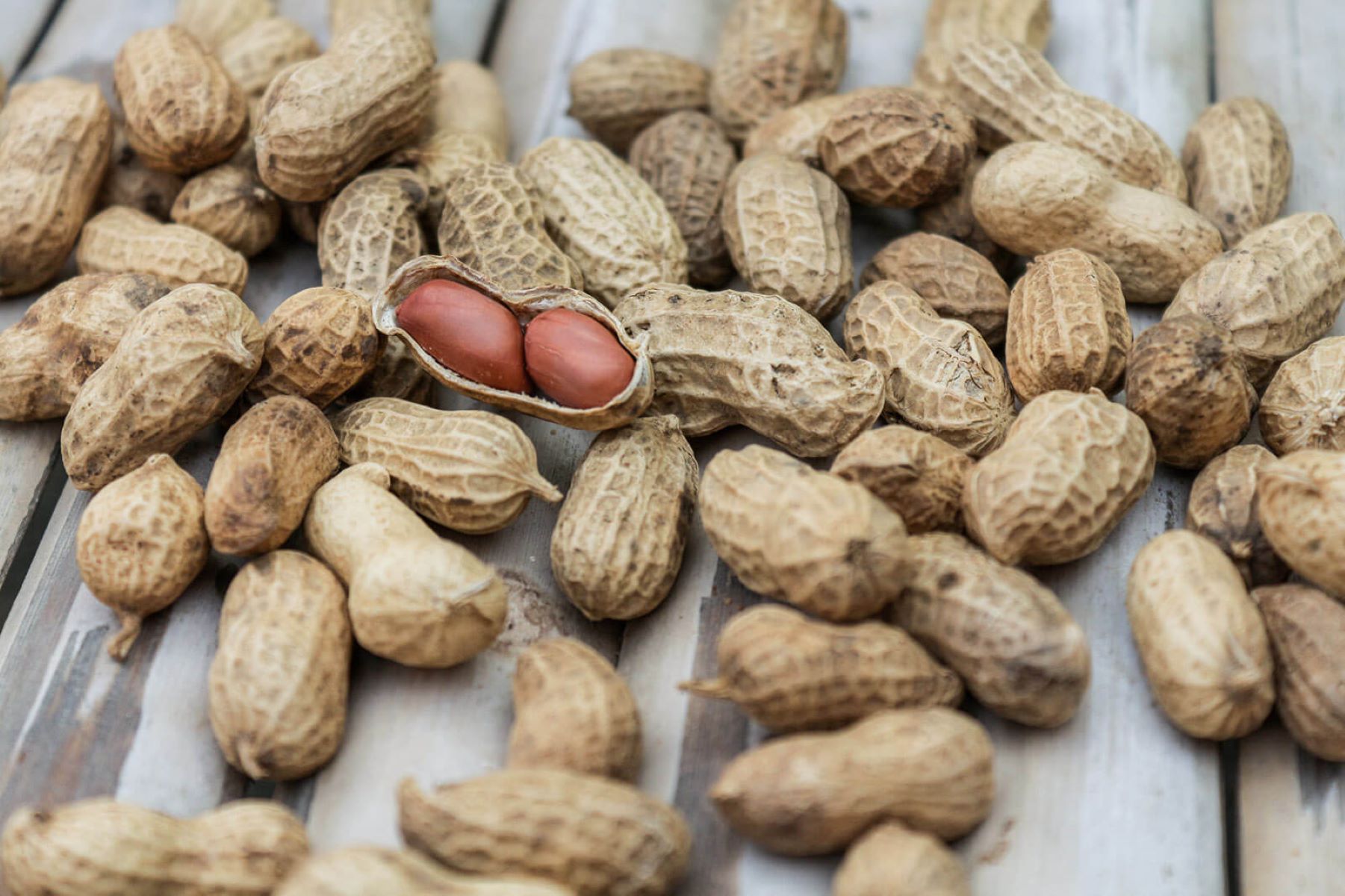

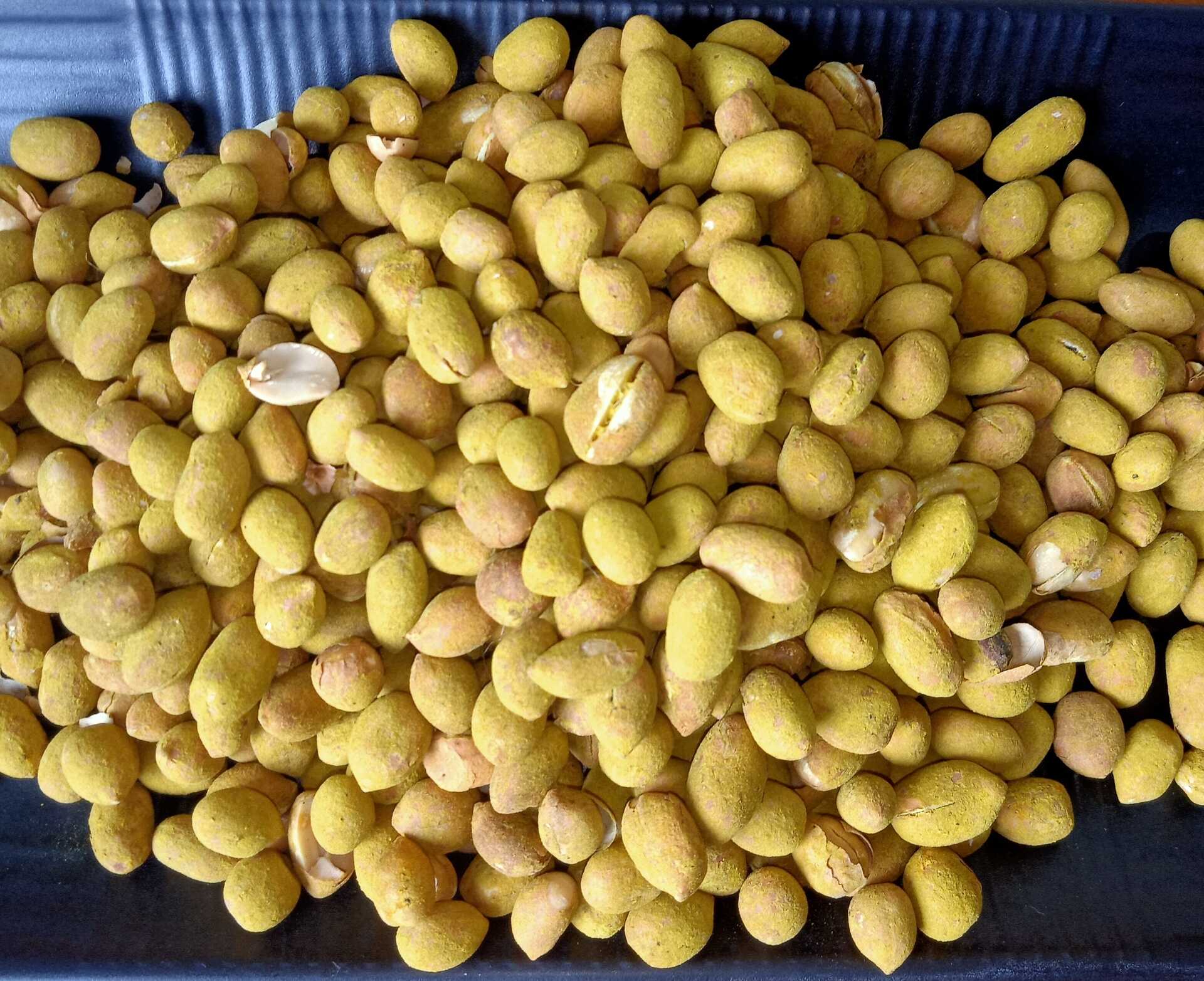
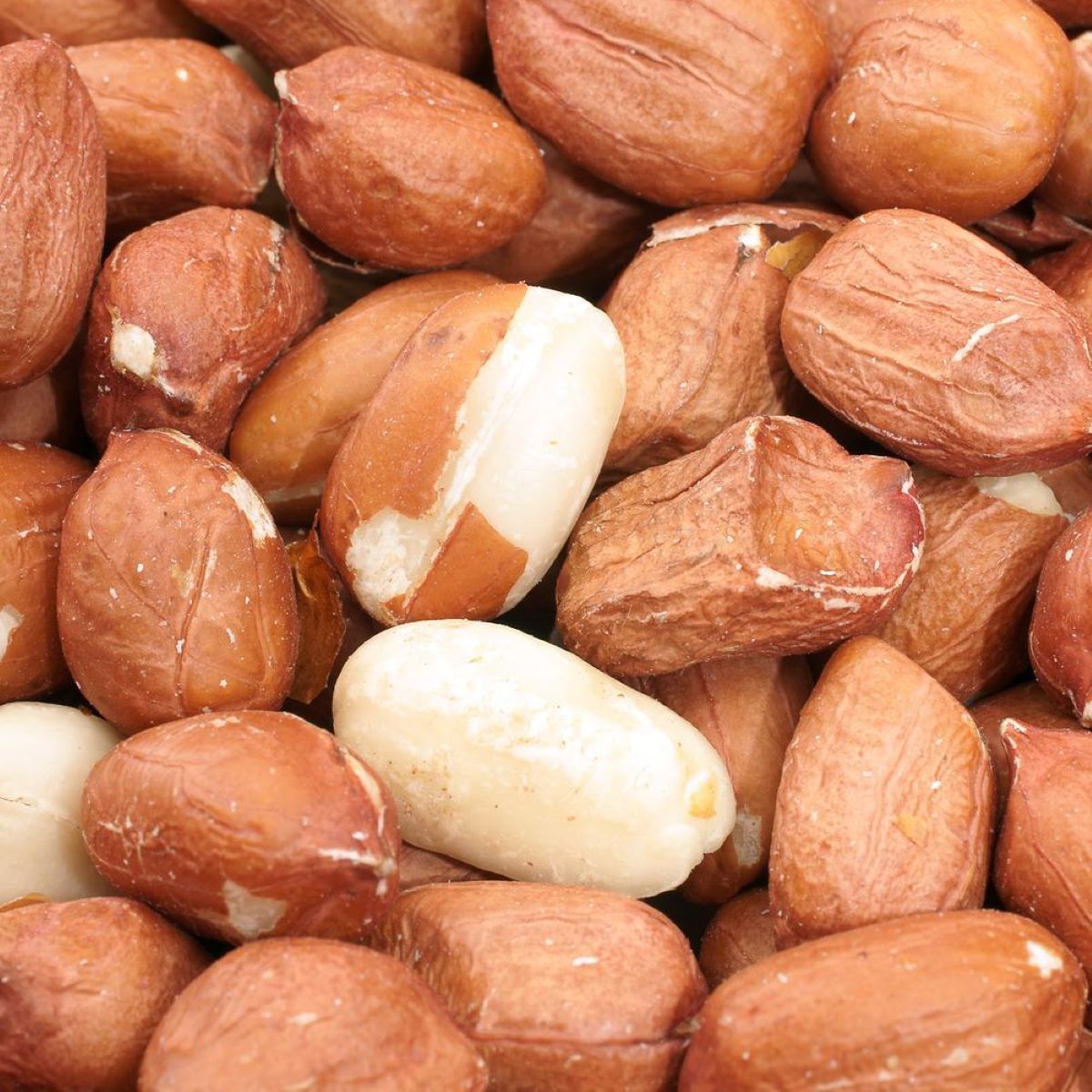
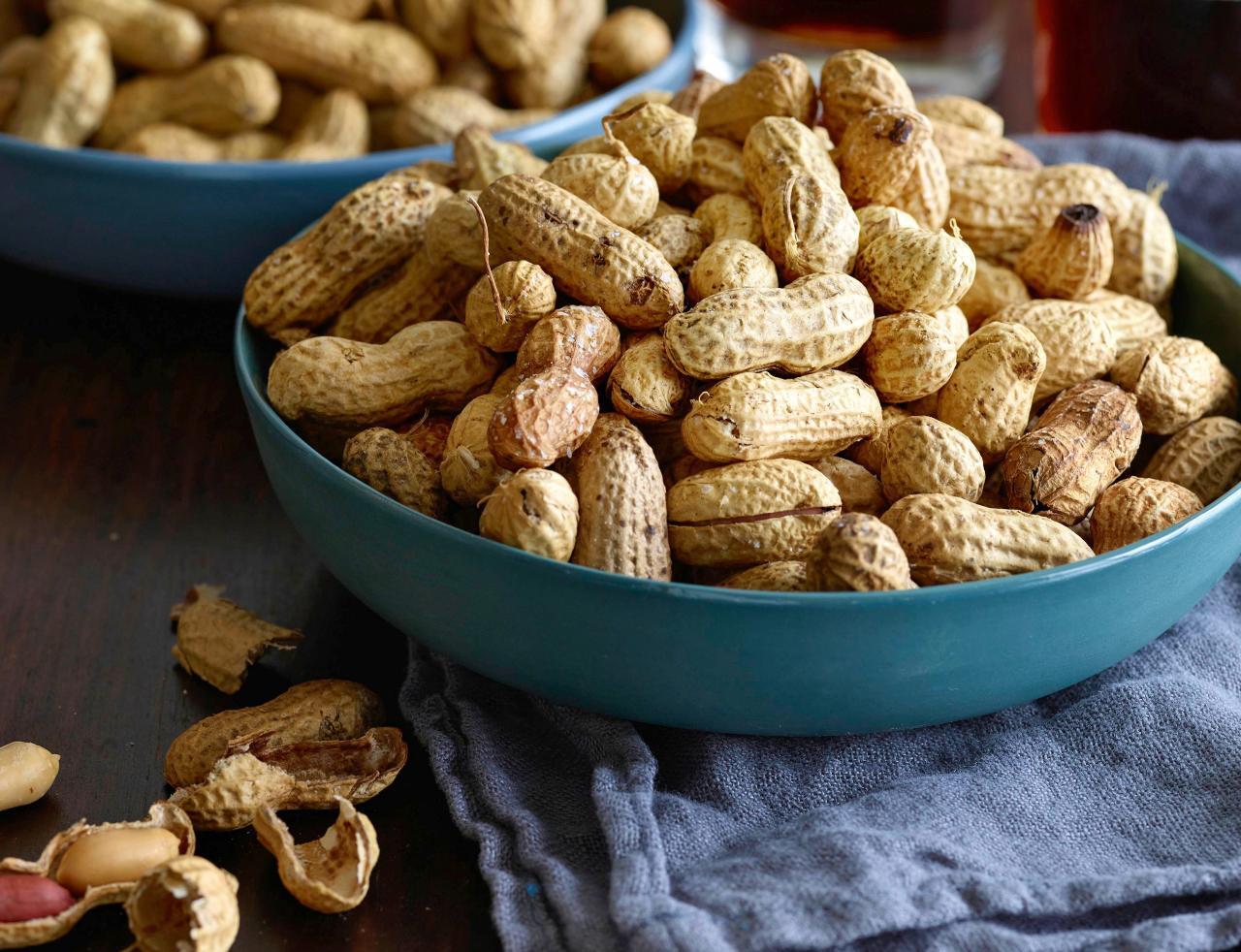
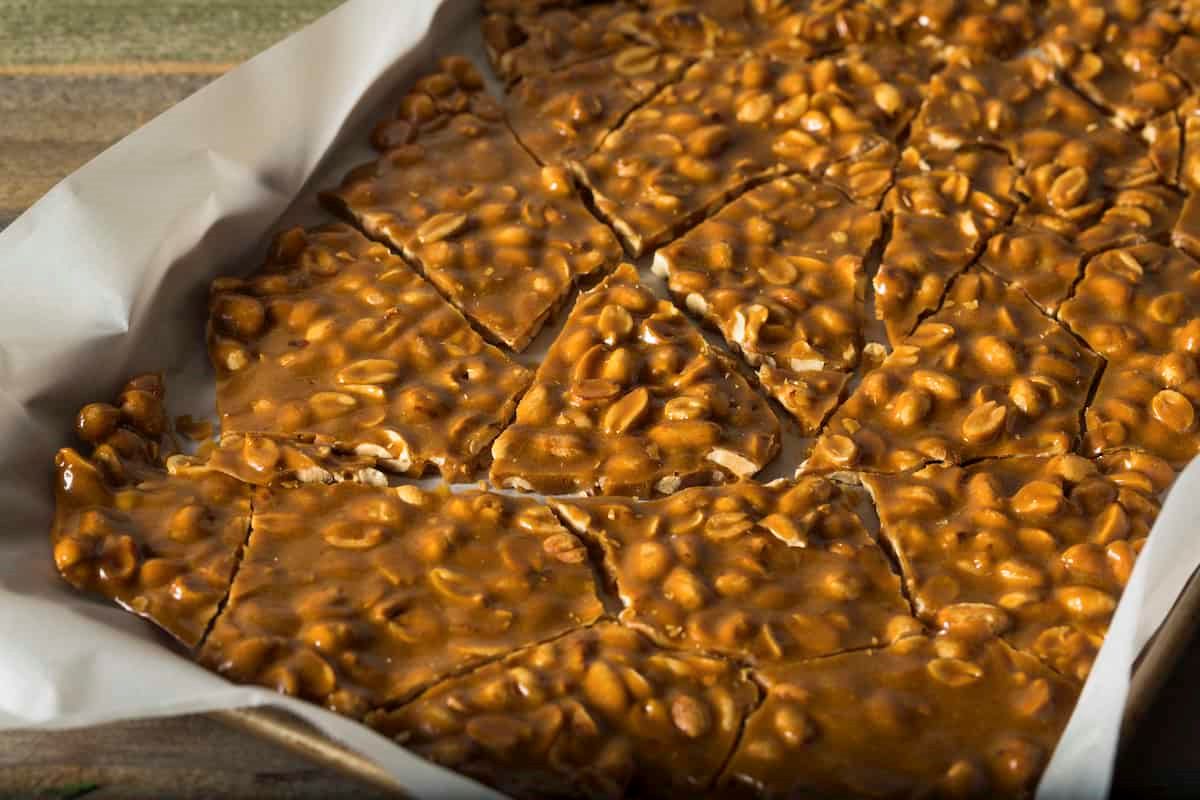
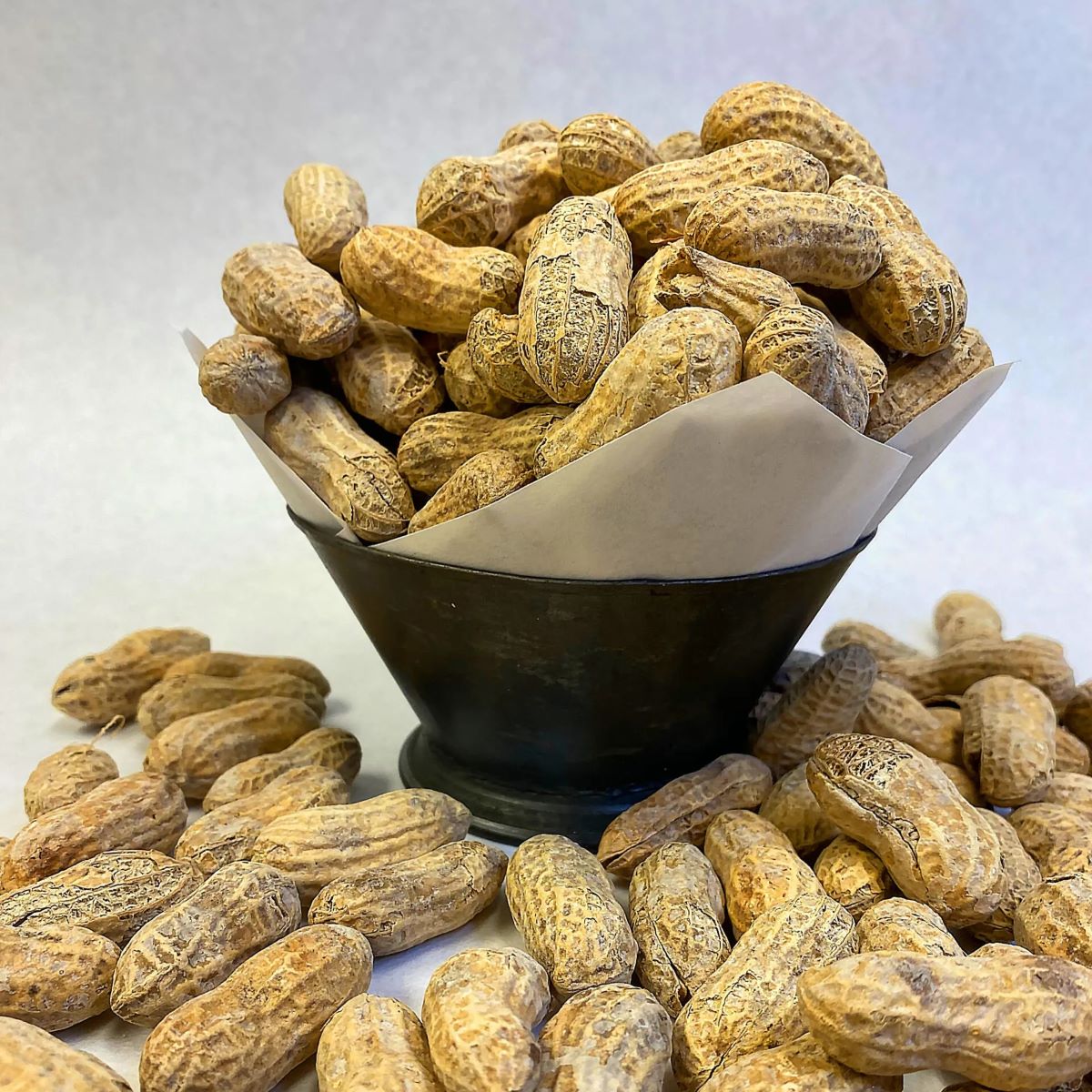



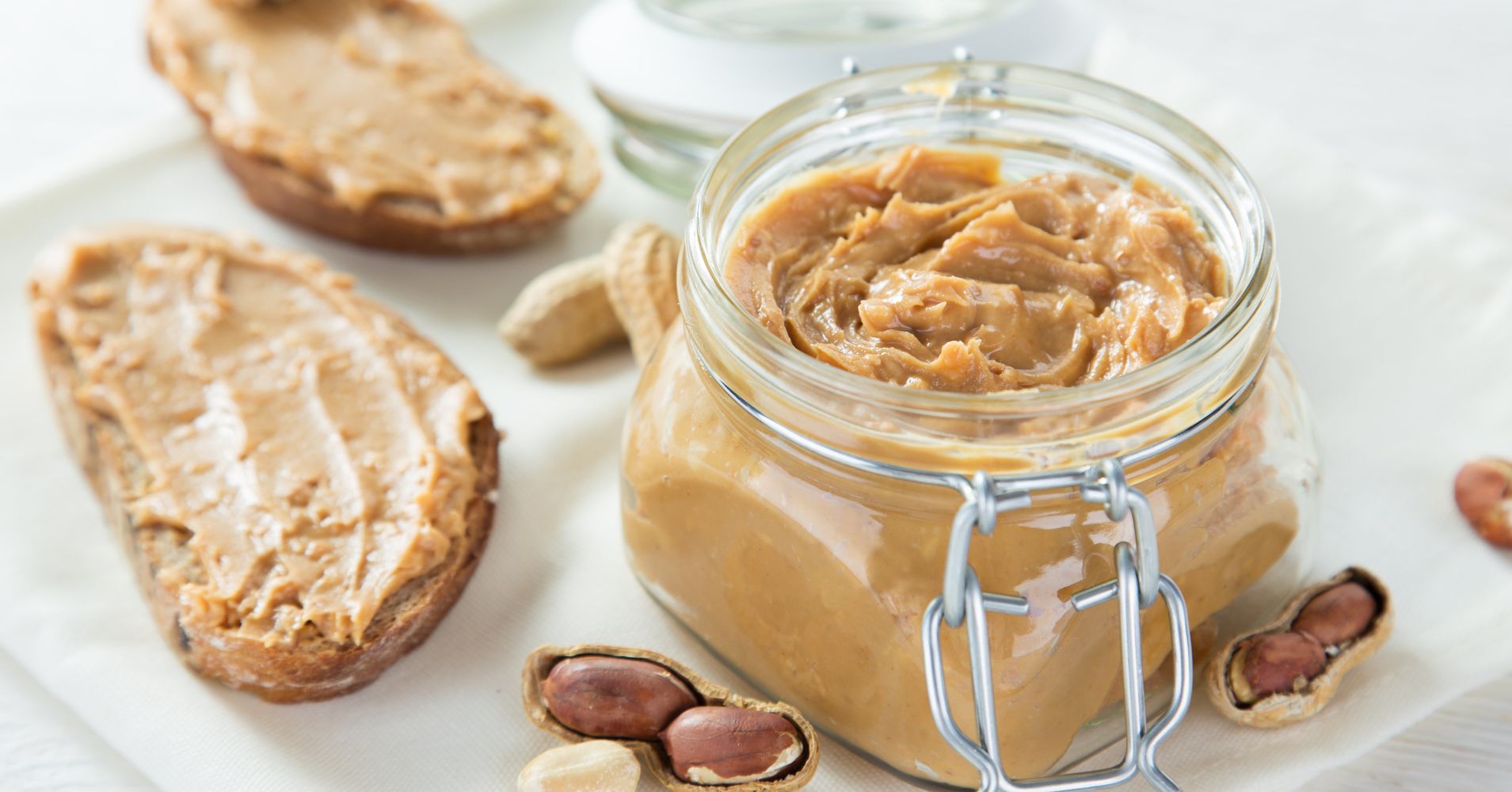

0 thoughts on “How To Store Peanut Oil”